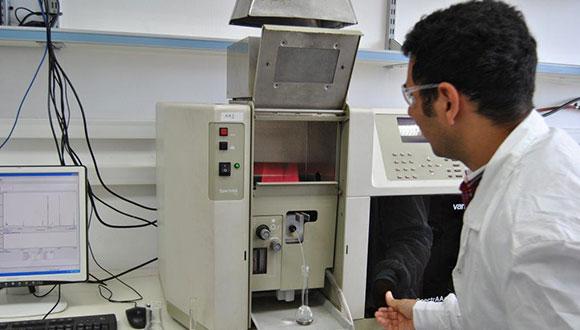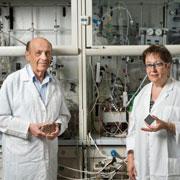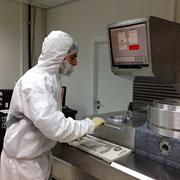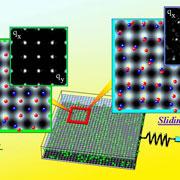Analytical Chemistry
Analytical chemistry is a branch of Chemistry which studies the separation, identification and quantification of the chemical components (composition) of natural and artificial materials. It is the science of obtaining, processing, and communicating information about the composition and structure of matter.
Analytical chemistry is a true multi-disciplinary area which finds major applications in a broad range of almost all the scientific disciplines including: chemistry, polymers, metallurgy, material sciences, physics, geophysics, space research, semiconductor device production, petrochemicals (fuels), renewable energy, environmental (air, water, soil and food), agriculture, food, cosmetics, industrial, forensic, homeland security, drug development (pharmaceutical), clinical toxicology, biochemistry, bioinformatics, proteomics, genomics, metabolomics, medical diagnostics and more.
Consequently, analytical chemistry is the most popular field of work for chemists in Israel and world-wide.
Currently chemical analysis is dominated by instruments such as gas chromatography, liquid chromatography and their combination with standard detectors, mass spectrometry, and various spectroscopy instrumentation such as UV-VIS absorption spectrophotometers, FTIR and atomic absorption, ICP-AE and ICP-MS for elemental analysis.
Researcher:





